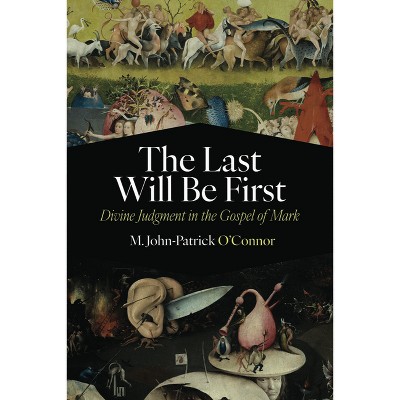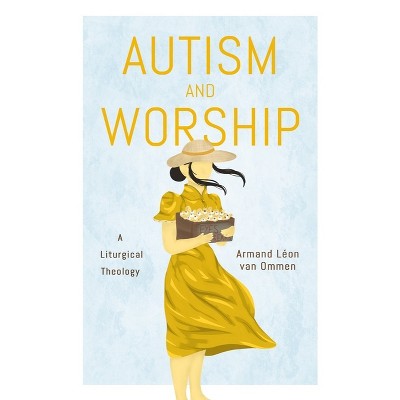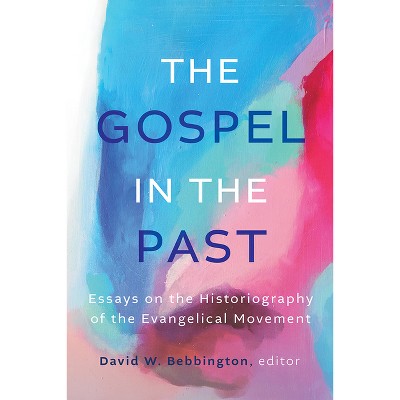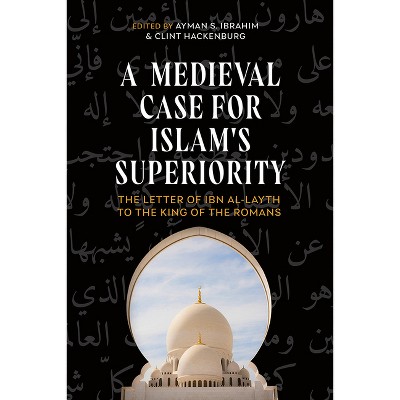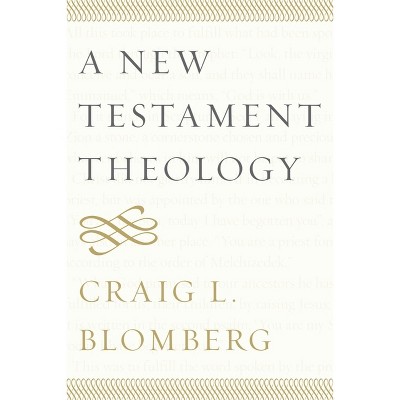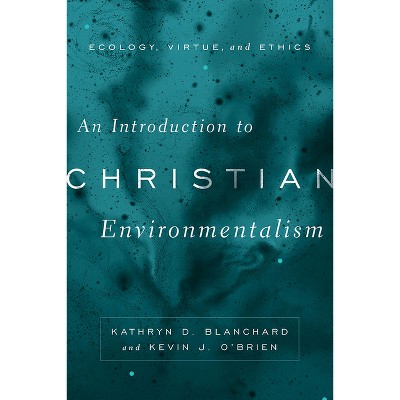About this item
Highlights
- Death is not the end--either for humans or for all creatures.
- About the Author: Paul J. Griffiths is Warren Chair of Catholic Theology at Duke Divinity School.
- 408 Pages
- Religion + Beliefs, Christian Theology
Description
About the Book
This grammar, Griffiths suggests, gives Christians new ways to think about the redemption of all things, to imagine relationships with nonhuman creatures, and to live in a world devastated by a double fall.Book Synopsis
Death is not the end--either for humans or for all creatures. But while Christianity has obsessed over the future of humanity, it has neglected the ends for nonhuman animals, inanimate creatures, and angels. In Decreation, Paul J. Griffiths explores how orthodox Christian theology might be developed to include the last things of all creatures.
Griffiths employs traditional and historical Christian theology of the last things to create both a grammar and a lexicon for a new eschatology. Griffiths imagines heaven as an endless, repetitively static, communal, and enfleshed adoration of the triune God in which angels, nonhuman animals, and inanimate objects each find a place. Hell becomes a final and irreversible separation from God--annihilation--sin's true aim and the last success of the sinner. This grammar, Griffiths suggests, gives Christians new ways to think about the redemption of all things, to imagine relationships with nonhuman creatures, and to live in a world devastated by a double fall.
Review Quotes
Decreation is a remarkable book, a watershed. As the hymns of heaven attest, had we a thousand tongues we could not adequately describe what God has prepared for those who love him. All the more wonderful, then, to read a work of eschatological reasoning and reflection whose beauty is matched by its rigor, and whose energy and interest never flag.
--Richard Middleton "Pro Ecclesia"...Griffiths' book feels like an invitation to join in, to gather together and think about what exactly our doctrine has given us. It is certainly difficult to think of a better stimulus to ecclesial conversation than what is contained in these pages.
--Thomas J. Millay "Heythrop Journal"A consummate work of impressively detailed theological scholarship...
--Paul T. Vogel "The Midwest Book Review"A major work on the traditional theme of the last things.
--Neil Ormerod "Theological Studies"A stimulating theological study.
-- "Choice"Informed amateur theologians as well as trained ones, readers who enjoy a rigorously thoughtful writer, and Christians seeking to hone a greater intellectual connection to their faith will find this a rewarding and stimulating book.
--Russell E. Saltzman "Aleteia"No one reading this book can fail to admire the creativity, energy and originality of its author, and perhaps to some extent its audacity.
--Celia Deane-Drummond "International Journal of Systematic Theology"The book's expansiveness shows how valuable and needed it is for theologians to reflect on the last things, and Griffiths's volume will surely be a benchmark for a long time to come on this topic.
--David Cloutier "The Journal of Religion"There is a kind of sobriety in evidence here, most of all in the lucidity of the prose and the delimitations of the project. But there is also an enraptured, unadulterated pleasure of the soul at work...The result is sublime.
--Brad East "Marginalia Review of Books"This is a remarkable book. In the clarity and care of its argumentation it is a model of theological method. While treating questions that have sometimes been relegated to the fringe of Christian theological enquiry, it sheds new light on topics across the range of theological concerns: the nature of time, tears, and political quietism, to name but a few.
--David Clough "Anglican Theological Review"About the Author
Paul J. Griffiths is Warren Chair of Catholic Theology at Duke Divinity School.
Shipping details
Return details
Trending Poetry







